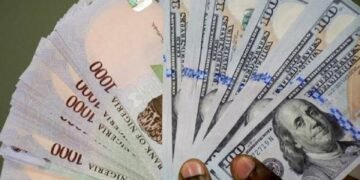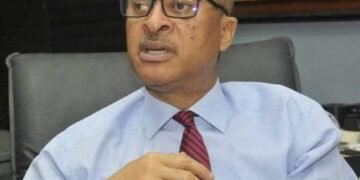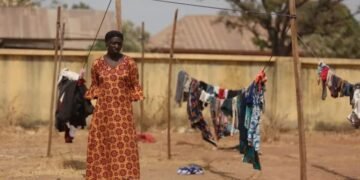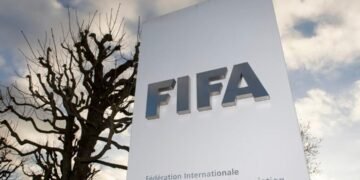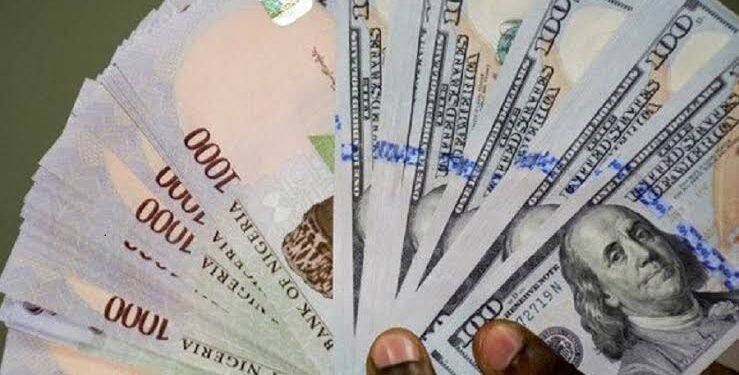As the Naira continues to collapse rapidly, latest exchange rate data adds a grim element to the picture. On January 23, the parallel market experienced an astounding exchange rate of N1,355 to N1,360, portraying a bleak picture for residents, stoking agony and uncertainty for businesses.
This troubling position stems from a series of events that began last June, when the Central Bank, at the request of President Bola Tinubu, initiated the unification of Naira rates, abandoning control of the FX market. The goal was to close the gap between parallel and official market rates, but contrary to expectations, it has widened.
Five months ago, the dollar broke through the N1,000 barrier on the parallel market, signalling the start of a worrying trend. Despite AfreximBank’s $2.25 billion support and CBN assertions of enhanced forex obligation clearing, the Naira’s depreciation remains.
How did things become this bad?
In the not-so-distant past, the Naira held its ground in international transactions, even finding acceptance in global financial hubs like London. However, the present reality is disheartening, showcasing a decline that reflects policy inconsistencies and ill-advised import substitution preferences.
The root of the issue lies in the neglect of the productive sector, which once thrived with booming textile factories, automotive companies, and various industries. The decline in these sectors, coupled with policy missteps and a reliance on easy petro-dollars, has led to a downward spiral for the Naira.
Despite the Central Bank of Nigeria’s (CBN) efforts to control it, a thriving black market has emerged, complicating matters further. Round-tripping, the practice of getting foreign currency at official prices and then selling them at higher rates on the black market, continues unabated, adding to the Naira’s fragility.
Deposit money banks (DMBs) worsen the problem by diverting consumers to the underground market for foreign dollars above a specific threshold. This unorthodox market, once linked with illicit activities, now determines the genuine value of the naira.
To address this crisis, a fundamental shift in priorities is imperative. The nation’s foreign reserves are depleted, signaling the need to look inward for sustainable solutions. Rebuilding key sectors such as healthcare, education, and refineries, along with a serious commitment to economic diversification, is crucial.
The importation of petroleum products drains foreign exchange, and a reduction in non-essential expenses like medical and educational tourism is necessary. The nation must focus on activities that promote local sourcing of raw materials and exports, fostering economic independence.
In conclusion, the restoration of the Naira’s value demands a concerted effort to wean the country off import dependency and prioritize productive activities. Diversification into non-oil sectors, such as solid minerals, agriculture, and tourism, should take center stage in economic discourse. Ultimately, political will is paramount for steering Nigeria towards a path of economic recovery and restoring the prestige of the Naira.
